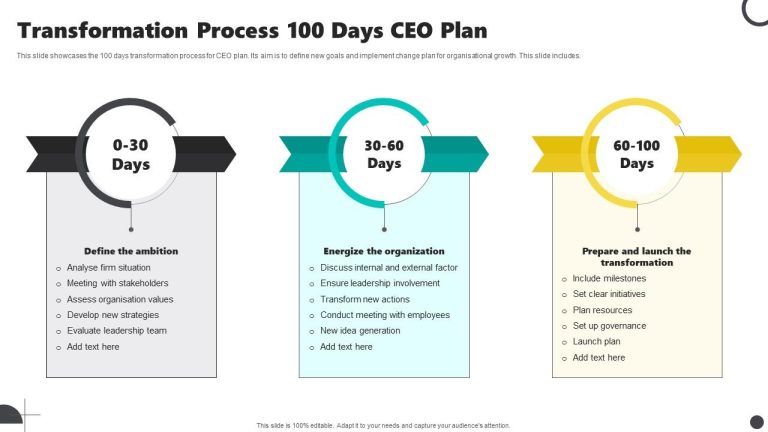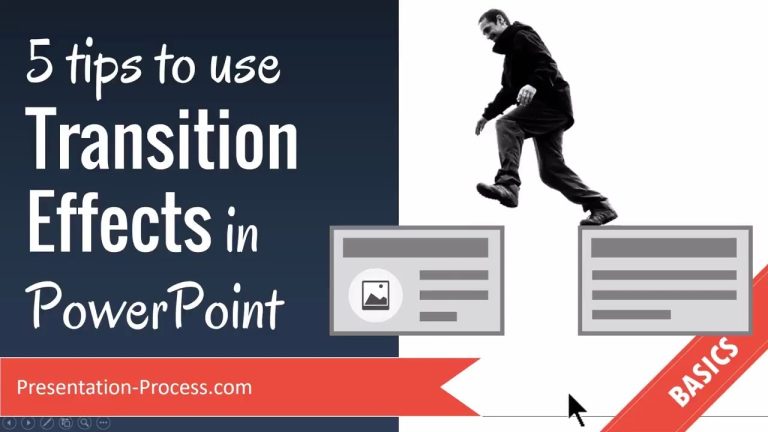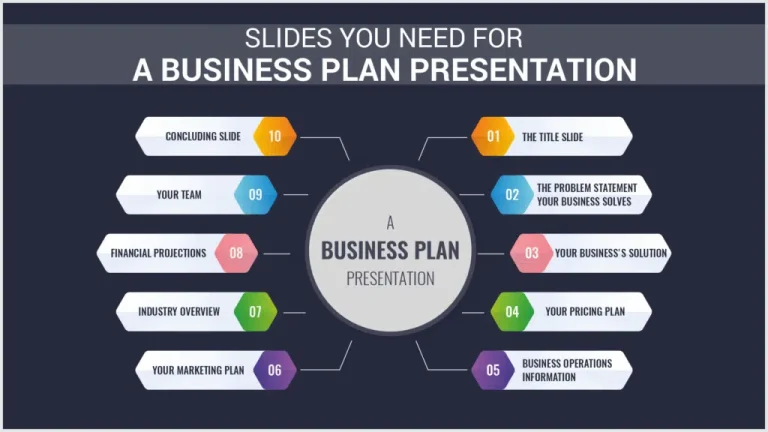Words of Encouragement for a Presentation
Giving a presentation can be nerve-wracking, but remember to stay confident and believe in yourself. With a positive mindset and some preparation, you can deliver a successful presentation that leaves a lasting impact on your audience.
Presentations can be daunting, especially for those who are not naturally comfortable speaking in front of others. However, with the right mindset and a few essential tips, anyone can learn to deliver a compelling presentation that captivates the audience. One crucial factor to consider is the power of words of encouragement.
Motivational and supportive words can have a profound effect on the presenter, boosting their confidence and helping them overcome nervousness. We will explore some effective words of encouragement that can help someone giving a presentation and discuss how they can make a significant difference in the presenter’s overall performance. So, let’s dive in and discover how to inspire and uplift presenters to deliver an impactful presentation with confidence and conviction.
Set The Stage For Success
When giving a presentation, it is essential to set the stage for success. One way to do this is by recognizing the value of encouragement. Creating a supportive environment for the presenter can make a significant difference in their confidence and performance.
By offering words of encouragement, the audience can help alleviate any nervousness or anxiety the presenter may be feeling. Positive feedback and reassurance can boost their morale and motivation, allowing them to deliver their presentation with more ease and clarity.
Providing constructive feedback and acknowledging their efforts can also help them improve and grow as a presenter. Ultimately, a supportive environment can make the difference between a successful and enjoyable presentation and one filled with stress and self-doubt. So let’s remember to uplift and encourage those giving presentations, as it can make a world of difference in their experience and outcome.
Preparing The Presenter
Preparing the presenter is crucial to deliver a successful presentation. Boosting confidence is a secret weapon for any speaker. The ability to embrace vulnerability turns nerves into strengths. Building a solid foundation with thorough preparation builds confidence. Visualize success and practice the presentation multiple times.
Focus on positive self-talk and affirmations. Incorporate relaxation techniques to calm nerves. Remember that mistakes happen, and they can be learning opportunities. Engage the audience by maintaining eye contact and using gestures. Utilize storytelling techniques to capture attention. Finally, don’t forget to be yourself and let your passion shine through.
With sufficient preparation and a confident mindset, anyone can give an impactful presentation.
Crafting Words That Inspire
Crafting words that inspire is crucial for someone giving a presentation. Positive language holds immense power. It uplifts, motivates, and encourages the audience. Instead of simply delivering information, incorporate storytelling techniques. Share relatable experiences that captivate their attention. Engaging the audience through personal anecdotes fosters connection and builds trust.
Avoid lengthy explanations and convoluted statements. Keep it short, concise, and impactful. Each word should serve a purpose and resonate with the listeners. By using authentic and relatable language, the speaker can create a meaningful and memorable experience for the audience.
So, choose your words wisely and let them inspire, motivate, and empower. The impact can be transformative for both the presenter and the listeners.
Engaging The Audience
Engaging the audience during a presentation is crucial, and establishing a genuine connection is key. Authenticity matters because people can sense when someone is being fake. One effective way to connect is by using humor to break the ice and lighten the mood.
A well-placed joke can immediately grab the audience’s attention and make them feel more at ease. It shows that you’re human and relatable. However, it’s important to be mindful of the context and ensure that the humor aligns with the topic and the audience’s sensibilities.
By incorporating genuine humor, you create a positive and engaging atmosphere that encourages active participation. Remember, connecting with your audience goes beyond delivering information – it’s about making a lasting impact. So be yourself, be funny, and watch your presentation truly come alive.
Managing Nervousness And Stress
Giving a presentation can be nerve-racking. Managing nervousness and stress is essential. You can anchor calmness by practicing deep breathing techniques. These techniques help reduce anxiety and promote a sense of relaxation. Visualize yourself confidently delivering the presentation with grace and poise.
Imagine the positive outcome and the impact your words will have on the audience. By using imagery, you conquer anxiety and boost your self-confidence. Remember to take deep breaths and focus on your breathing throughout the presentation. Embrace the positive energy and believe in yourself.
With these words of encouragement, you can overcome nervousness and deliver a successful presentation.

Credit: parade.com
Overcoming Obstacles
When giving a presentation, it’s important to handle obstacles with poise and confidence. Technical difficulties are common, but staying calm is key. Interruptions from the audience can be distracting, so maintaining composure is crucial. Remember to stay focused and collected throughout the presentation, no matter what challenges arise.
Keep in mind that every speaker faces hurdles, and how you handle them can make all the difference. Embrace these difficulties as an opportunity to showcase your resilience and adaptability. By staying cool under pressure, you can deliver a successful and impactful presentation.
Trust in your abilities and remember that even the most experienced speakers encounter obstacles. Your determination and grace under fire will leave a lasting impression on your audience. So, prepare, breathe, and step forward with confidence.
The Power Of Non-Verbal Communication
Giving a presentation can be nerve-wracking, but non-verbal communication is a powerful tool. Confidence and authority are projected through body language, exuding a sense of competence. Maintaining eye contact is essential in establishing trust and creating a connection with the audience.
By doing so, you show that you are fully present and engaged in the conversation. With a strong stance and gestures that reinforce your points, you can effectively convey your message. Remember to avoid any distracting mannerisms and focus on projecting a calm and composed demeanor.
Harness the power of your non-verbal cues to inspire and captivate your audience, leaving a lasting impression.
Enthusiasm And Passion: Fueling Presentation Excellence
Delivering a successful presentation requires tapping into genuine enthusiasm and delivering your message with passion and conviction. The key to excellence lies in finding your inner spark. By connecting with your own passion for the topic, you can ignite the same enthusiasm within your audience.
Start by conveying your excitement through your body language and voice, using gestures and tone to emphasize important points. Craft your message with conviction, sharing personal anecdotes or stories that highlight your passion and create a connection with your listeners.
Remember to keep your sentences concise and impactful, delivering each word with purpose. When you exude authentic enthusiasm and present your ideas with passion, you inspire and engage your audience, leaving a lasting impression. Embrace the power of genuine enthusiasm, and your presentation will shine brightly.
Promoting Self-Care And Recovery
Giving a presentation can be nerve-wracking, but remember to prioritize self-care and recovery. Practice mindfulness to stay present and grounded, which will help you deliver a successful presentation. Taking time to rest and reflect is crucial for recharging and achieving future success.
Believe in yourself and your abilities, and approach the presentation with confidence. Additionally, prepare well and rehearse your talk to minimize anxiety. Remember that mistakes are a part of the learning process, so don’t be too hard on yourself. Embrace this opportunity to grow and showcase your expertise.
Trust in your knowledge and the effort you have put into preparing for the presentation. Stay positive and focused, and know that you have what it takes to deliver an impactful and memorable talk. Keep pushing forward and never underestimate your potential to succeed.
Frequently Asked Questions For Words Of Encouragement For Someone Giving A Presentation
What Are Some Good Words Of Encouragement?
Everyone faces challenges, but remember that you are strong and capable. Keep pushing forward and never give up. Believe in yourself and your abilities. You have the power to overcome obstacles and achieve great things. Take small steps every day and soon you will see progress.
Surround yourself with positive people who support and uplift you. Take time to celebrate even the small victories along the way. Remember that you are unique and have something valuable to offer the world. Keep a positive mindset and focus on the possibilities rather than the obstacles.
You are capable of greatness, so keep going and never stop believing in yourself.
What Is An Example Of A Positive Message?
A positive message is an example of encouragement, such as “You can do it!” Or “You are amazing!” Positive messages uplift and motivate individuals to believe in themselves and their abilities. They provide support, inspiration, and a sense of hope.
These messages can be delivered through various platforms, including social media, email, or face-to-face interactions. The power of positive messages lies in their ability to boost confidence, increase self-esteem, and foster a positive mindset. They can be used in personal contexts to uplift friends, family, or colleagues, or in professional settings to motivate teams and enhance productivity.
Whatever the situation, positive messages have the potential to create a ripple effect of goodness and positivity, influencing individuals to strive for success and embrace a brighter outlook on life.
What’S A Short Positive Message?
A short positive message is a concise statement that spreads optimism and encouragement. It aims to uplift and inspire others with a few words. It can be as simple as showing gratitude, such as saying “Thank you” or “You’re amazing!”.
Positive messages help create a supportive environment, boost morale, and strengthen relationships. They may include empowering affirmations like “You have the power to achieve your dreams” or “Believe in yourself and your abilities. ” These short messages can also motivate others through challenges by reminding them that “Obstacles are opportunities for growth” or “You are stronger than you think.
” By providing quick bursts of positivity, short positive messages have the power to brighten someone’s day and foster a sense of optimism and joy.
What Are Some Uplifting And Positive Inspirational Words?
Uplifting and positive inspirational words can bring joy and motivation to your life. Here are some: “Believe in yourself and your abilities”; “Persevere through challenges and never give up”; “Embrace optimism and find the silver lining in every situation”; “Spread kindness and make a positive impact on others”; “Dream big and make your ambitions a reality”; “Have gratitude for the present moment and appreciate the little things”; “Choose happiness and find joy in the simple pleasures”; “Inspire others with your words and actions”; “Stay determined and overcome obstacles that come your way”; “Celebrate progress and acknowledge your achievements”.
Incorporating these words into your daily life can uplift your spirits and bring positivity to both your personal and professional endeavors.
Conclusion
Remember, giving a presentation can be intimidating, but with the right mindset and preparation, you can excel. Start by acknowledging your nerves, and then focus on building your confidence by practicing your presentation and knowing your material inside and out.
Use positive self-talk, visualize success, and remember to breathe to help calm any anxiety. Engage your audience by maintaining eye contact, speaking clearly and confidently, and incorporating storytelling and humor when appropriate. Don’t be afraid to show your passion and enthusiasm for the topic.
Lastly, embrace any mistakes as opportunities to learn and grow. Remember, even the most seasoned presenters make mistakes. So, be kind to yourself and stay focused on delivering a valuable and engaging presentation. You’ve got this!






